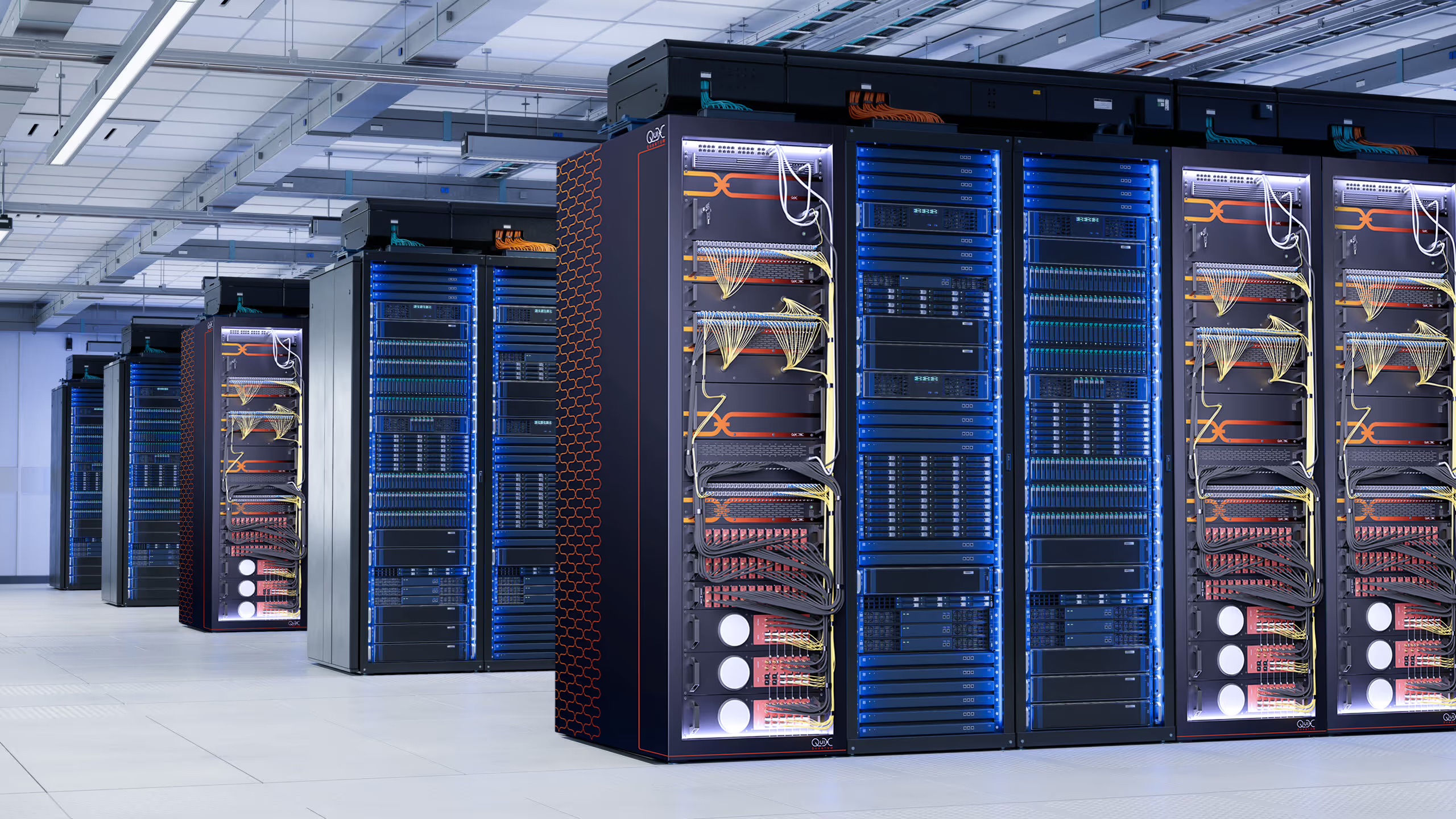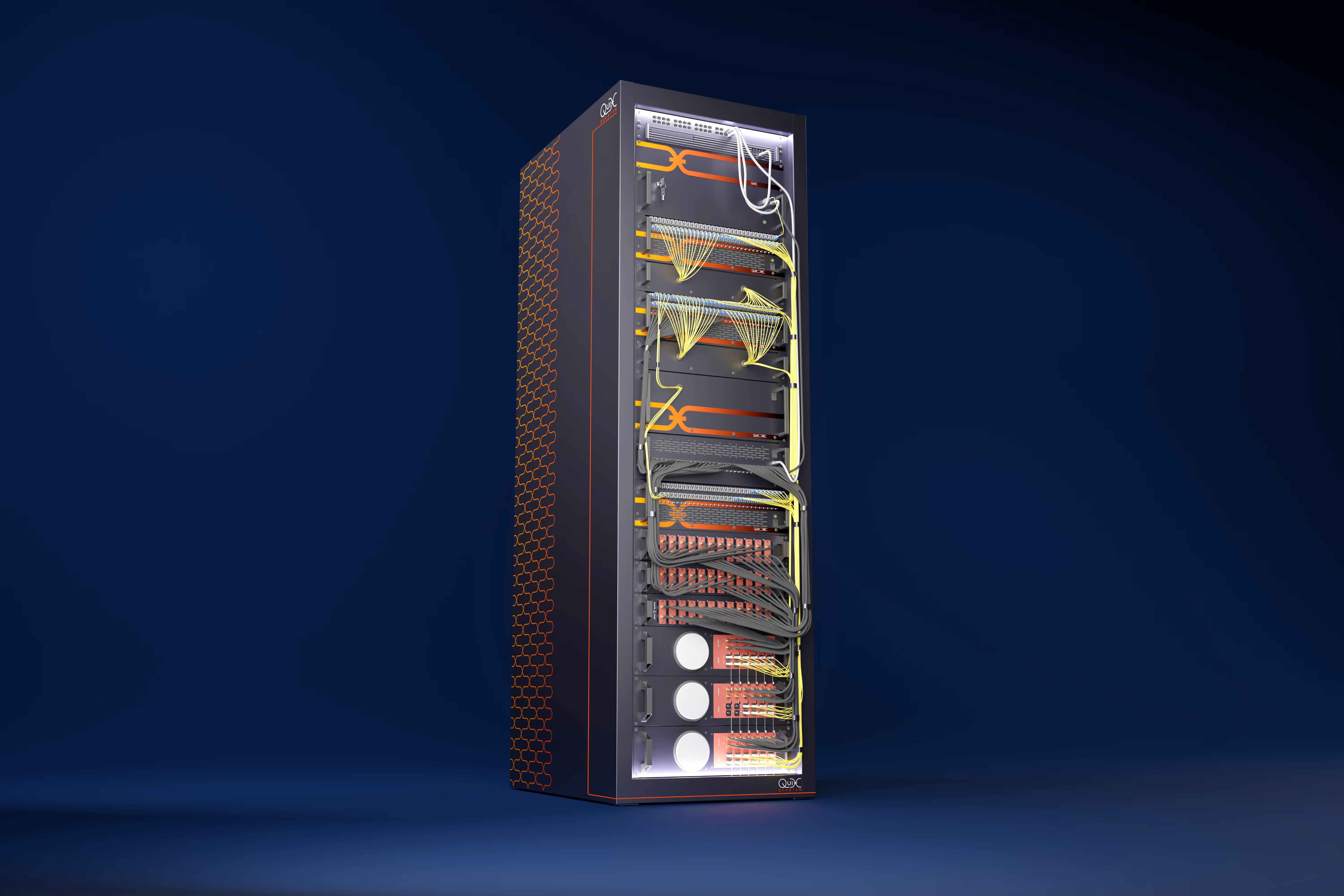Quantum Technology Could Revolutionize Medicine and Energy Development: "People Don’t Realize How Transformative It Will Be"
[English Version] Amsterdam – Quantum computers often seem like futuristic technology, but developments are advancing rapidly. Google’s new quantum chip, Willow, has captured global attention. According to the tech giant, this chip can perform tasks that would take even the most powerful supercomputers billions of years.


Quantum technology is being leveraged to develop new medicines and more efficient batteries for electric vehicles.
A Growing Interest in the Netherlands
Interest in quantum computing is increasing in the Netherlands. "We’re seeing a significant rise in companies wanting to experiment with quantum computing power," says Michiel Eielts, Managing Director Benelux at data centre company Equinix.
"Businesses are looking for ways to integrate quantum algorithms into their existing processes, such as calculating complex risks in the financial sector or optimising energy grids."
Qubits: The Key to Quantum Computing
Unlike classical computers that use bits, which can only be 0 or 1, quantum computers use qubits. Thanks to a property called superposition, qubits can represent both 0 and 1 simultaneously, enabling quantum computers to process numerous calculations at once.
This makes quantum computers particularly suited to solving problems involving multiple variables, such as simulating molecules for drug development or predicting market dynamics in finance.
Potential Applications
The speed of quantum computing opens up new possibilities. "Financial institutions can compute complex derivatives and risk models much faster," Eielts explains. "Pharmaceutical companies can simulate proteins and molecules with greater precision, and climate researchers can create more detailed weather models. Classical computers take ages for these tasks; theoretically, quantum can handle them almost instantaneously."
Google also sees potential in tackling problems beyond the reach of classical computers, such as developing new medicines, creating more efficient batteries for electric vehicles, and accelerating advances in fusion energy and other alternative energy sources.
Early Applications in Business
Thomas van Els, Senior Business Developer at the Dutch start-up Quix Quantum, highlights that their hardware is already being used by companies experimenting with applications like Monte Carlo simulations—methods that analyse risks in complex systems by running vast numbers of scenarios. "This can greatly enhance investment decisions or help design more efficient energy networks," he says.
European Investment in Quantum Technology
While Google’s Willow chip is grabbing headlines, Europe is also heavily investing in quantum technology. Germany is pouring billions into start-ups and research labs, and the Netherlands is aiming to keep pace through Quantum Delta NL. However, competition with the US remains fierce, with American companies investing hundreds of millions into quantum hardware development.
"It’s exciting that Europe is building its own quantum technology," Van Els notes. "We have strong research institutions and even lead in certain areas, like photonic chips. The challenge lies in scaling up, as the US invests billions in quantum." Europe aims to match this through international collaboration.
Challenges and Risks
Despite its promise, quantum computing also poses risks, particularly in cybersecurity. Quantum computers could one day break existing encryption standards in a matter of moments, potentially threatening global digital security. Governments and companies are already investing millions in developing quantum-safe encryption methods.
Eielts also warns of practical challenges. "Permits are scarce, there’s grid congestion in many regions, and new data centres often face power shortages. Although quantum computers theoretically consume less power than AI systems, scaling up the technology will still require more resources. If you can’t build physical servers due to space or power limitations, it will hinder this development."
The Road Ahead
The big question remains: when will quantum computers start making a tangible impact? Eielts expects hybrid systems to become a reality within a few years. "The most complex calculations will be handled by quantum, while traditional servers take care of the rest. This combination will make quantum more accessible for businesses."
Van Els draws a parallel with the early days of the internet. "You see immense potential, but most people don’t yet realize how transformative it will be. For me, it’s clear that quantum can spark a revolution."
For the original Dutch version: click here.




